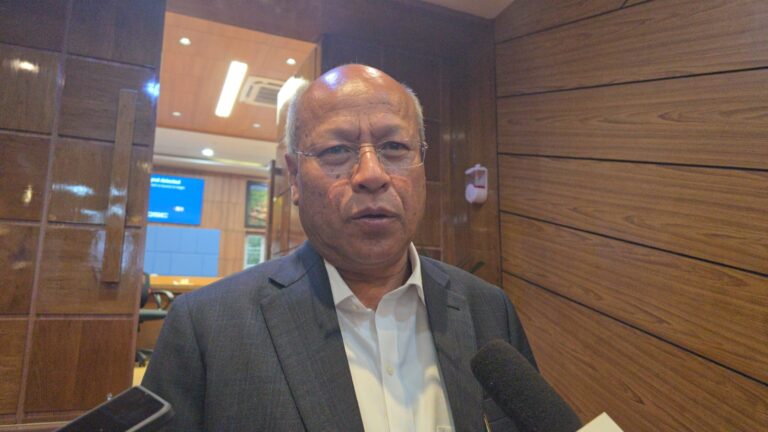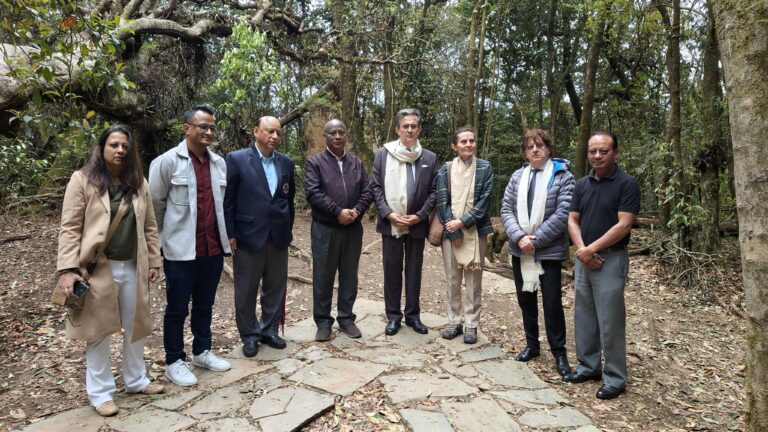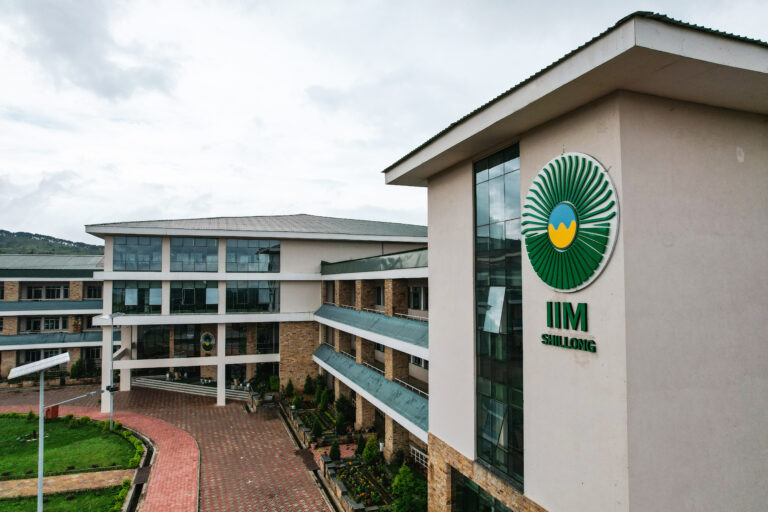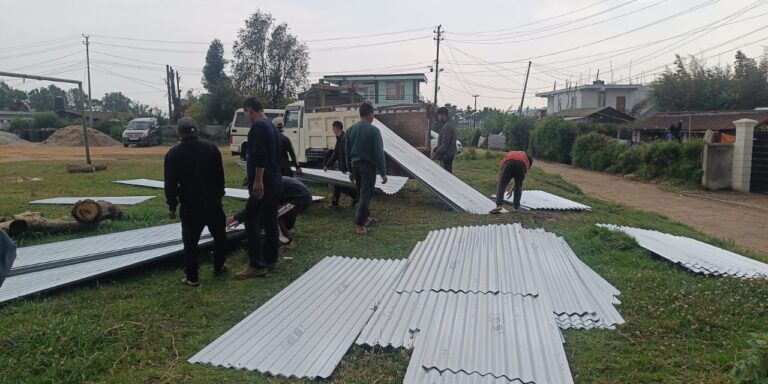SHILLONG, JAN 16: Two social activists from the state have recently filed a PIL (public interest litigation) in the Supreme Court challenging the constitutionality of the Citizenship Amendment Act (CAA), 2019.
Rev Kyrsoibor Pyrtuh and Mantre Passah, who have been part of progressive people’s movements incuding Thma U Rangli-Juki (TUR) and Workers Power of Meghalaya (WPM), filed the PIL on January 13.
They are being represented in the court by a group of lawyers which include Guatam Bhatia, Vrinda Bhandari, Malvika Prasad and others.
The CAA was notified in the gazette by the Central government on January 10.
“Our challenge bases on the arbitrariness of CAA and its attack on the freedom of religion and privacy of individuals,” Passah told reporters here on Thursday.
He said the CAA also fails to take into account the lived realities of the inhabitants of those border regions, many of whom follow indigenous religions and do not identify as being of a part of any of the six selected religious communities (Hindu, Sikh, Bhuddhist, Jain, Parsi and Christian).
“This is a blatant design of creating a divide among the various tribal communities, especially those who follow the indigenous traditional belief system like the Niam Tynrai and Songsarek followers among the Khasi-Pnars and Garos, who do not fall under any of the religions mentioned in the CAA.”
Passah also said that the Act is clearly motivated by insidious thinking and planning of the present ruling regime, the Hindutva ideology of which is based on the belief of Hindu majoritarianism and supremacy in the nation state of India, and which treats minorities, religious or otherwise, as secondary.
He said that the original Citizenship Act, 1955 was enacted on the same principles as the Constitution, and no religion based requirements or conditions were imposed for the acquisition of citizenship.
“The impugned Act violates the right to privacy of refugees belonging to indigenous tribes following traditional religions and imposes unconstitutional conditions upon them. That is why we the petitioners believe that the Act does not stand scrutiny as it does not follow the constitutional principles of secularism and equality and that it should not enact a binary of citizens and illegal immigrants, but ought to recognize the layered and complex character of migration, as well as the identities of those who migrate, the government should also respect the legitimate concerns of indigenous citizens, who inhabit border states, with respect to the preservation of their language, land and culture (a principle already recognized in the Sixth Schedule of the Constitution),” he said.
The petitioners also requested the Supreme Court to exercise its powers under Article 142 of the Constitution in order to issue guidelines for a just, fair, and equitable immigration regime, until such time that Parliament sees fit to enact a constitutionally valid law.
On the other hand, Passah further pointed out the manner in which the CAA has been brought about by the BJP-led NDA government and the prevailing atmosphere of fear in the North East and the country as a whole.
“Religious minorities all over the country, particularly that of Muslims, and including those who do not profess any religious beliefs are living in an atmosphere of fear and uncertainty in the backdrop and aftermath of the passing of the CAA,” he said.
He also alleged that the CAA and other legal mechanisms that the NDA government has brought about and those that it is planning to bring in the near future, go against the basic principles and structure of the Constitution, including the protections afforded to the tribal communities of North East India through the Sixth Schedule and other constitutional and legal protections.
According to him, while the so called exemptions have been accorded to some of the north eastern states including Meghalaya, which we also contend as pointless, useless and diversionary, that does not wash away the fact that the foundation of the Indian state and its constitution is being threatened by the present NDA regime and its allies, in the Centre and in the states.
“We need a secular democratic republic with protections for tribal rights and all religions and cultures. We believe that the struggle to protect our rights as tribals in India cannot be divorced from the struggles against a system which tries to create a monolithic India based of religious majoritarianism,” Passah added.
By Our Reporter













+ There are no comments
Add yours